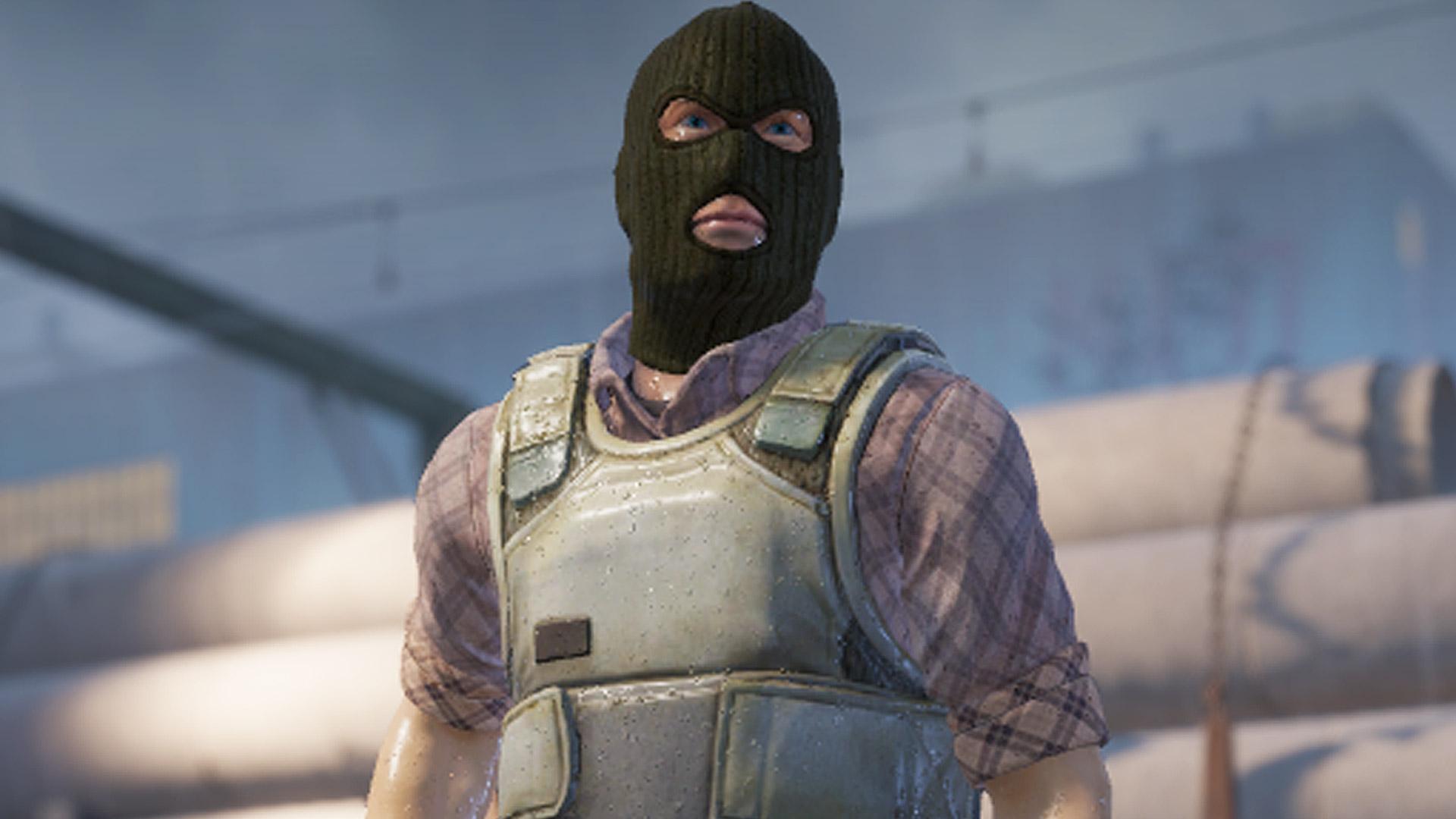Valve invents new Counter-Strike 2 loot boxes that dodge gambling regulations

Valve invents new Counter-Strike 2 loot boxes that dodge gambling regulations
Is there a better pairing than Valve and microtransactions? Like fresh grapes and a fine French cheese or Gabe Newell and yachts, Valve was at the forefront of parting players from their cash when EA was still in nappies. However, in recent years, more regulations have made it increasingly difficult to include pseudo-gambling mechanics, such as loot boxes (or, in EA's words, "surprise mechanics") for players everywhere. Now, Valve has seemingly worked out another way to get around these restrictions in Counter-Strike 2 by inventing a new kind of loot box, which it calls the Genesis Terminal system.
This feature arrived on Tuesday, September 16, and the loot boxes it offers look great on paper, because they're free! You receive one a week via the Genesis Uplink Terminal in Counter-Strike 2. Then it gets complicated. Once you've activated your Genesis Terminal, you have three days to pick a skin. These are shown to you one at a time, and you can only move to the next by declining the current cosmetic, never to return.

It's a push-your-luck system with a twist. Do you settle for the reasonably exciting Scar-20 camo, or do you risk another roll, where you might get a boring pistol skin or - just maybe - the specific cosmetic you're after? We know that most of the best FPS games have some kind of microtransaction system, but this CS2 skins mechanic is among the most… creative.
Because you don't get this skin for free. No, each cosmetic you're shown is accompanied by a price, paid directly to Valve, which you must part with in order to receive the skin you already drew. That's alright when it's $0.30 for a pistol skin, but players have been asked to part with nearly $1,600 for the rarest of the 17 skins available. At what point do microtransactions become macrotransactions?
Some players aren't especially happy with the change, with one comment saying "Valve came up with an item shop thats [sic] somehow worse than gambling." It's worth noting that you can sell these skins on the marketplace after a week, but there's no guarantee you'll recoup the costs.
Legally, it seems Valve has found another way to comply with anti-gambling regulations that prohibit traditional loot boxes in some EU countries. "Customers in Belgium, Netherlands, and France can now unseal their Sealed Genesis Terminal items," the developer wrote in a Counter-Strike 2 update published this morning. Most loot boxes require you to pay before the random items are revealed, though that's not the case here, as you get to see what you've drawn and then decide whether to put down the money to purchase it. This is likely why these loot boxes are compliant.
Back in 2019, Valve implemented a loot box scanner item for French players, which showed what was inside a box before purchasing it. However, you could not use the scanner again until you'd claimed the previously scanned loot box.
This latest technically-not-a-loot-box system may not be gambling, but it still goes hard on FOMO. Imagine opening up your weekly box, getting all excited about hitting the jackpot, and then realizing you've got to spend $1,600 on an item you thought you'd 'won.'
PCGamesN has reached out to Valve for comment on some of the backlash to the introduction of the Genesis Terminal system. We'll update this story should we get a response.
Whether you're opening loot boxes or not, it's always important to check you've got the best CS2 settings to make your game run smoothly.
What do you make of the new loot boxes? Gambling with extra steps, or a less risky opportunity to grab cool skins? Let us know in our community Discord server, where readers and staff discuss all the latest gaming news.




